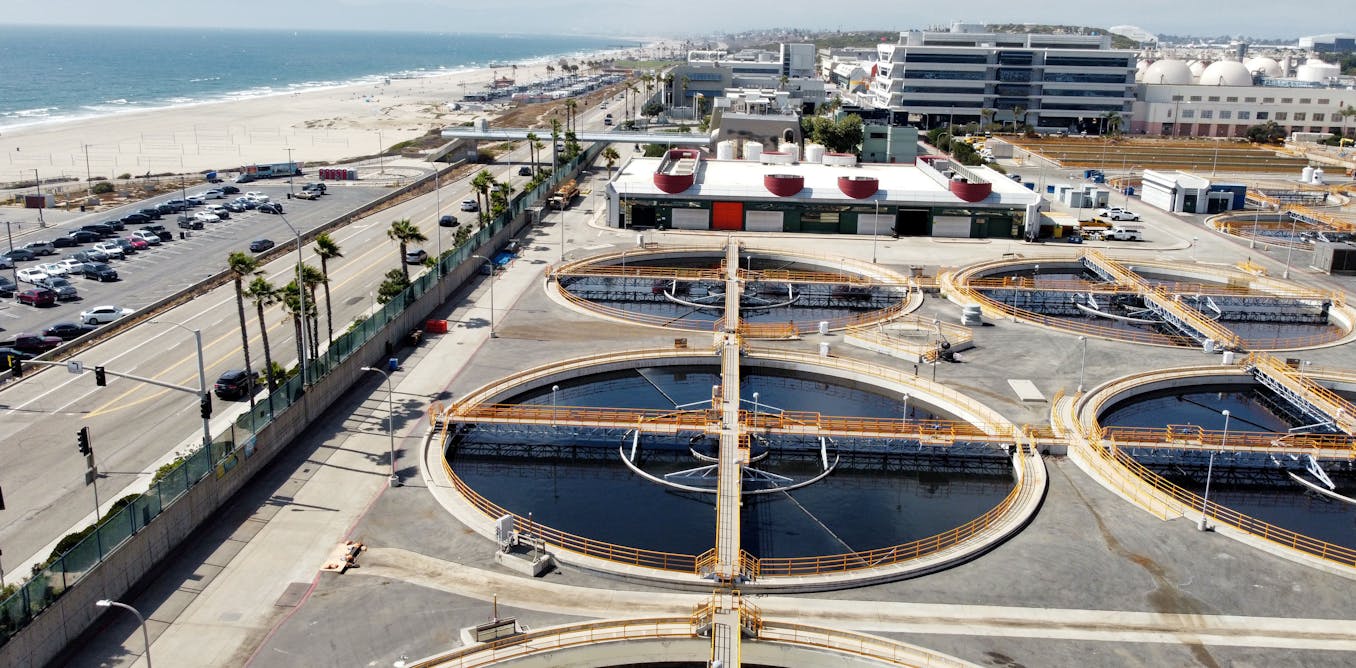Each year, the world churns out 400 million tonnes of plastic waste, enough to outweigh the entire human population (390 million tonnes). Global plastic production doubled over the last two decades, and waste generation is on track to nearly triple by 2060. Most of our bottles, bags, and containers end up in pollution-ridden landfills and incinerators, with only a fraction being recycled or reused.
Available solutions are far from perfect. Mechanical recycling, which is often used with polyethylene and polypropylene from bottles and packaging, involves shredding, sorting, and treatment. While inexpensive, this downgrading approach produces lower-quality materials with a limited number of cycles. Chemical methods like pyrolysis apply high temperatures to handle a broader range of plastics, including hard-to-recycle mixed and contaminated plastics. Still, these procedures are costly, consume copious energy, and generate harmful emissions.
Ontario-based Aduro Clean Technologies has a fresh spin on today’s prevailing chemical and mechanical techniques, presenting a novel “hydrochemolytic” reaction that converts stubborn and contaminated polymer mixtures into new plastic materials. The company’s water-based continuous flow reactor operates under mild conditions with relatively low energy demands and minimal losses along the way. In 2023, it tested its technology on mechanically recycled polypropylene, finding promising results: Up to 95 percent can be converted into hydrocarbons for new plastics or chemicals. Less than 5 percent of the plastic is lost to methane and carbon dioxide.
Aduro’s hydrocarbon recovery yields for recycled polypropylene.Aduro Clean Technologies
Eric Appelman, Aduro’s chief revenue officer, says these features represent a major value proposition. “I believe that the more front-running technologies aren’t going to cut it because the economics are not good,” he says. “At the end of the day, recycling is not paid for by good intentions. It has to be paid for what you get for the product.”
Aduro is targeting a broad market with its versatile technology. The system could be integrated into existing oil refineries to convert waste plastics and tire rubber into petroleum streams, utilized at waste disposal sites for fuel and chemical feedstock production, and adopted by plastic manufacturers seeking to reduce their footprint.
How petroleum processing inspired Aduro’s reactor
Aduro started in 2011 with a focus on upgrading heavy crude oil byproducts. Early experiments on bitumen—a hydrocarbon mix from petroleum distillation—and other oils revealed opportunities to improve petroleum processing. Traditionally, this process relies on hydrogen generated from fossil fuels to stabilize highly reactive carbons. However, Aduro found that cleaner and readily-available hydrogen equivalents derived from biomass such as glycerol could perform the same function. The company later applied the concept to deconstruct…
Read full article: Water-Based Continuous Flow Reactor Recycles Plastics

The post “Water-Based Continuous Flow Reactor Recycles Plastics” by Shannon Cuthrell was published on 08/20/2024 by spectrum.ieee.org




































Leave a Reply